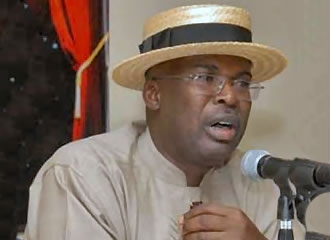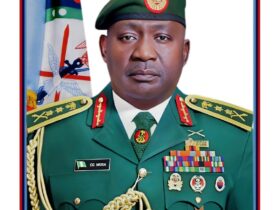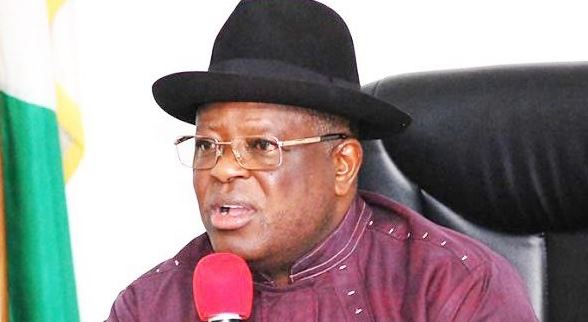The Coalition of Northern Groups in Anambra State has said a report claiming that the presidential candidate of the Labour Party (LP), Peter Obi, demolished seven mosques in Onitsha and chased Muslims away is false.
Recall that Obi was governor of Anambra State between March 2006 and March 2014.
There had been allegations that the LP candidate did not only demolish mosques but also chased Hausa people out of Onitsha.
Reacting in a statement signed by its Chairman, Alhajji Mohammed Isa Jalo and the Women Coordinator, Hajiya Jamila Ibrahim, said contrary to the allegation, its members have lived peacefully in the state for more than four decades.
According to the statement, “our attention has been drawn to a deliberate, malicious campaign of calumny against the presidential candidate of Labour Party, Mr Peter Obi, by some politicians who have lost touch with real issues for their campaign, falsely alleging that Mr Peter Obi had anti-north stands when he was governor of Anambra State.
“We are surprised that this unfounded allegation and malicious claim have gone some steps further and resulted to name dropping despite several rebuttals by very credible Nigerians on the same subject matter.
“We wish to state here categorically that as Northerners who have been living here in Anambra State for over 20 years, His Excellency, Mr Peter Obi, did not demolish mosques and never sent our Muslim brothers out of Anambra State during his tenure as the governor.
“Without mincing words, we wish to say here that nothing can be more untrue and outright mischief like this allegation.
“Our members have been living in Anambra State, before Peter Obi became the governor of the state and have remained in the state till this moment, doing their legitimate businesses.
“If we may ask, who are the Muslims or Northerners that Peter Obi sent away during his tenure as the governor? Can the sponsors of the fabricated act point to them for Nigerians to see?
“As a matter of fact his government remains one of the most friendliest governments to the northerners and Hausa communities in particular, in the state.”











